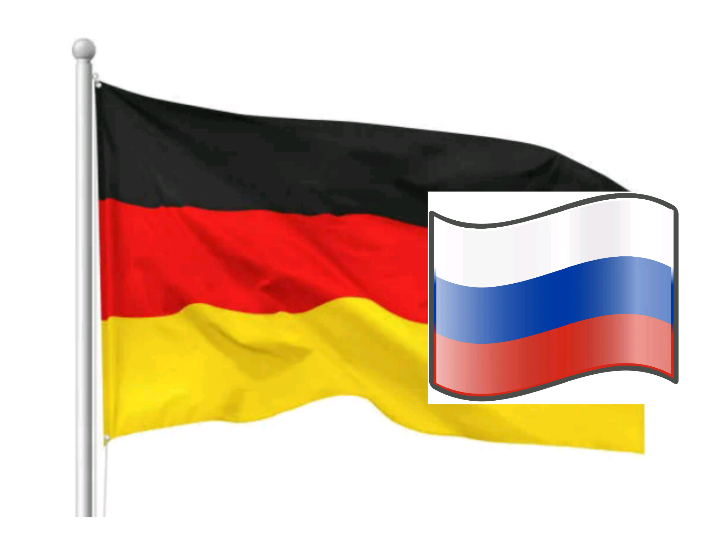Prosecutors in Munich in southern Germany have ordered the seizure of three flats and a bank account belonging to a Russian couple.
The seizures were made in order to enforce sanctions linked to the war in Ukraine.
Senior public prosecutor Anne Leiding said she believed it was the first case in Germany where property had been physically seized.
The flats were reportedly located in Munich.
According to the prosecution’s legal opinion, the seizures took place because the person linked to the flats has been on a sanctions list since Feb. 23.
He is a member of the Russian parliament.
His wife, who was registered as living in Munich, was also accused.
The member of parliament had voted in favour of a resolution in the Russian parliament calling on President Vladimir Putin to recognise the territories of Donetsk and Luhansk as independent states.
This vote paved the way for the invasion days later.
In other news, the influx of Ukrainian refugees into the European Union can gradually ease labour shortages in the euro zone as some of those fleeing the war are likely to settle permanently.
The European Central Bank said this on Monday while adding that around seven million people, mostly women and children, have fled Ukraine so far since Russia launched its invasion on Feb. 24.
More people are also leaving each day, with many hoping to find durable employment opportunities in the 27-nation EU.
“Under all of the assumptions detailed thus far, back-of-an-envelope calculations point to a median increase of between 0.2% and 0.8% in the euro area labour force in the medium term,” the ECB said in an Economic Bulletin article.
“This corresponds to an increase of between 0.3 and 1.3 million in the size of the euro area labour force as a result of the Ukrainian refugee crisis,” it added.
With unemployment at a record low, the euro zone had been struggling with increasing labour shortages and the influx of refugees could “slightly ease” labour market tightness, the ECB said.
Still, getting people to work might prove difficult due to administrative barriers, the ECB added.
“Barriers to the labour market and other frictions remain significant impediments to refugees, making it difficult for them to integrate into host countries’ labour markets, especially in the short term,” it said.
